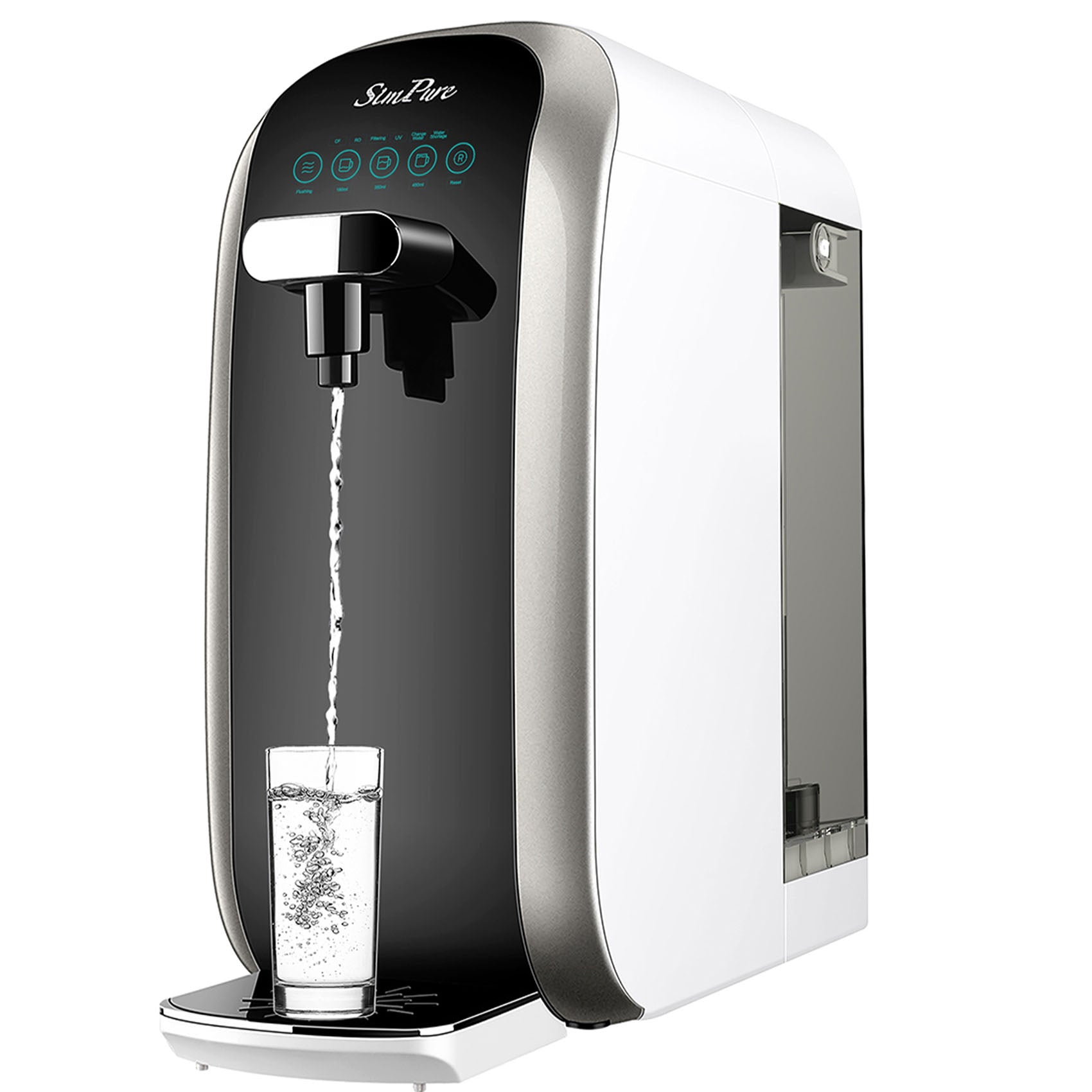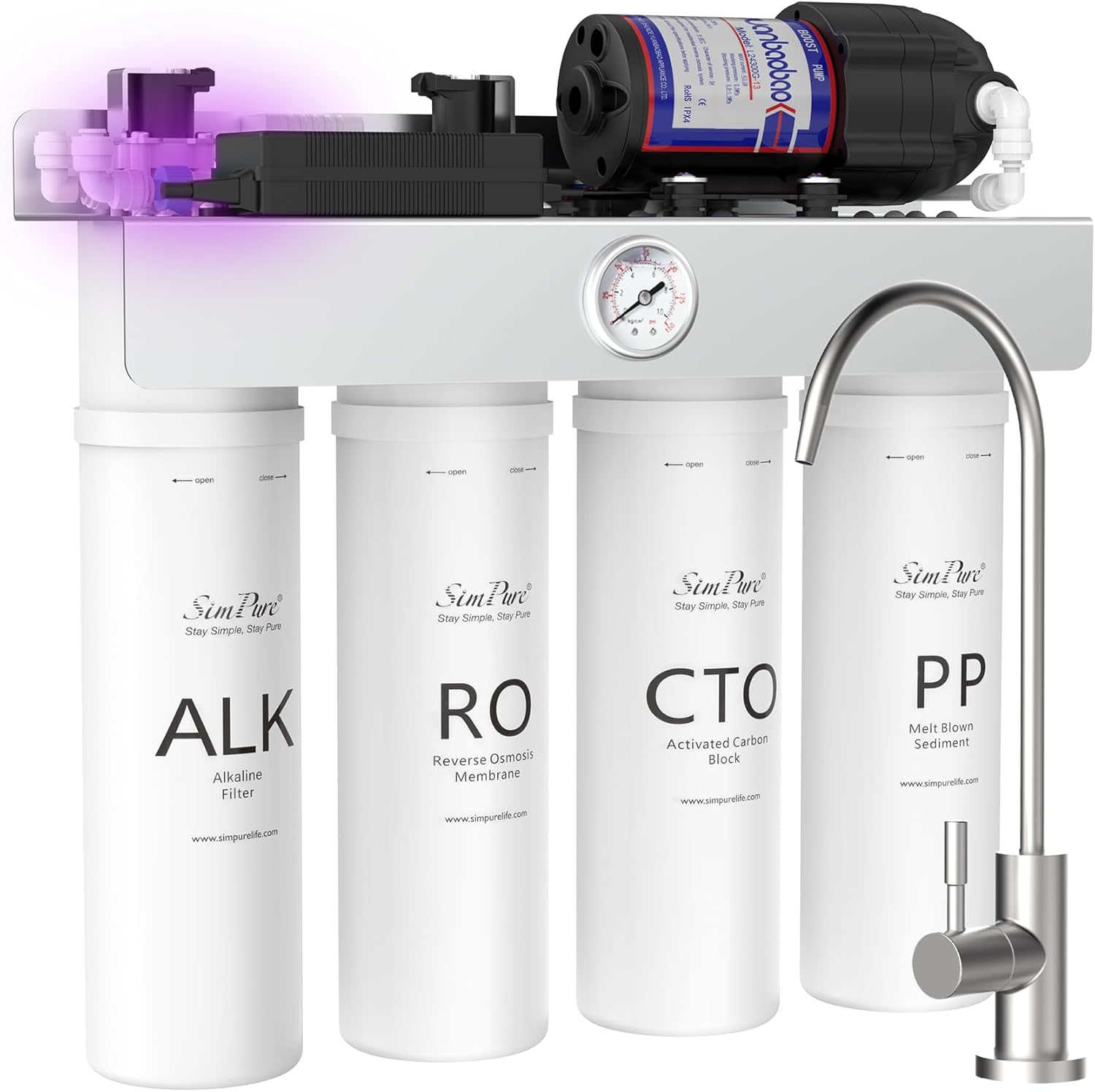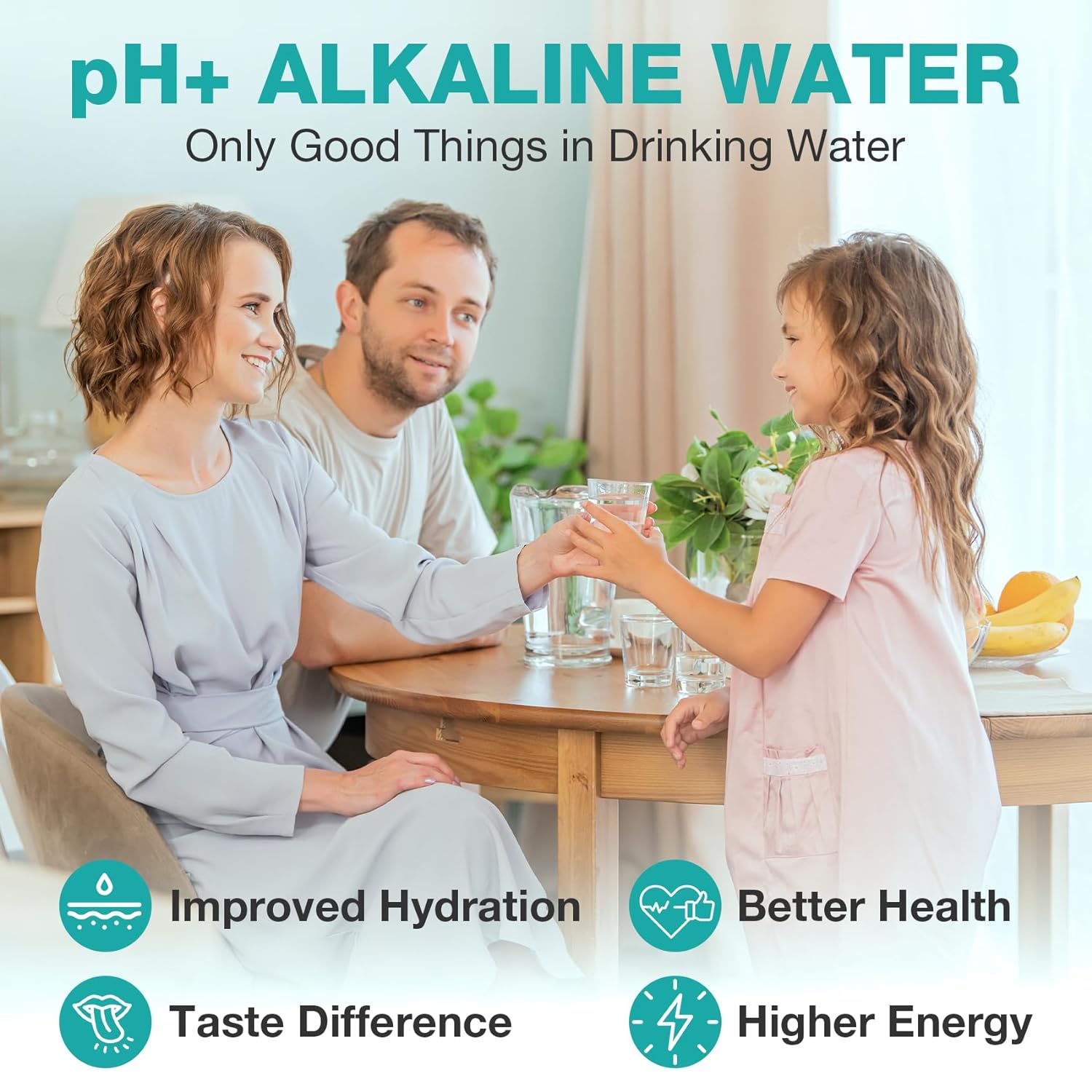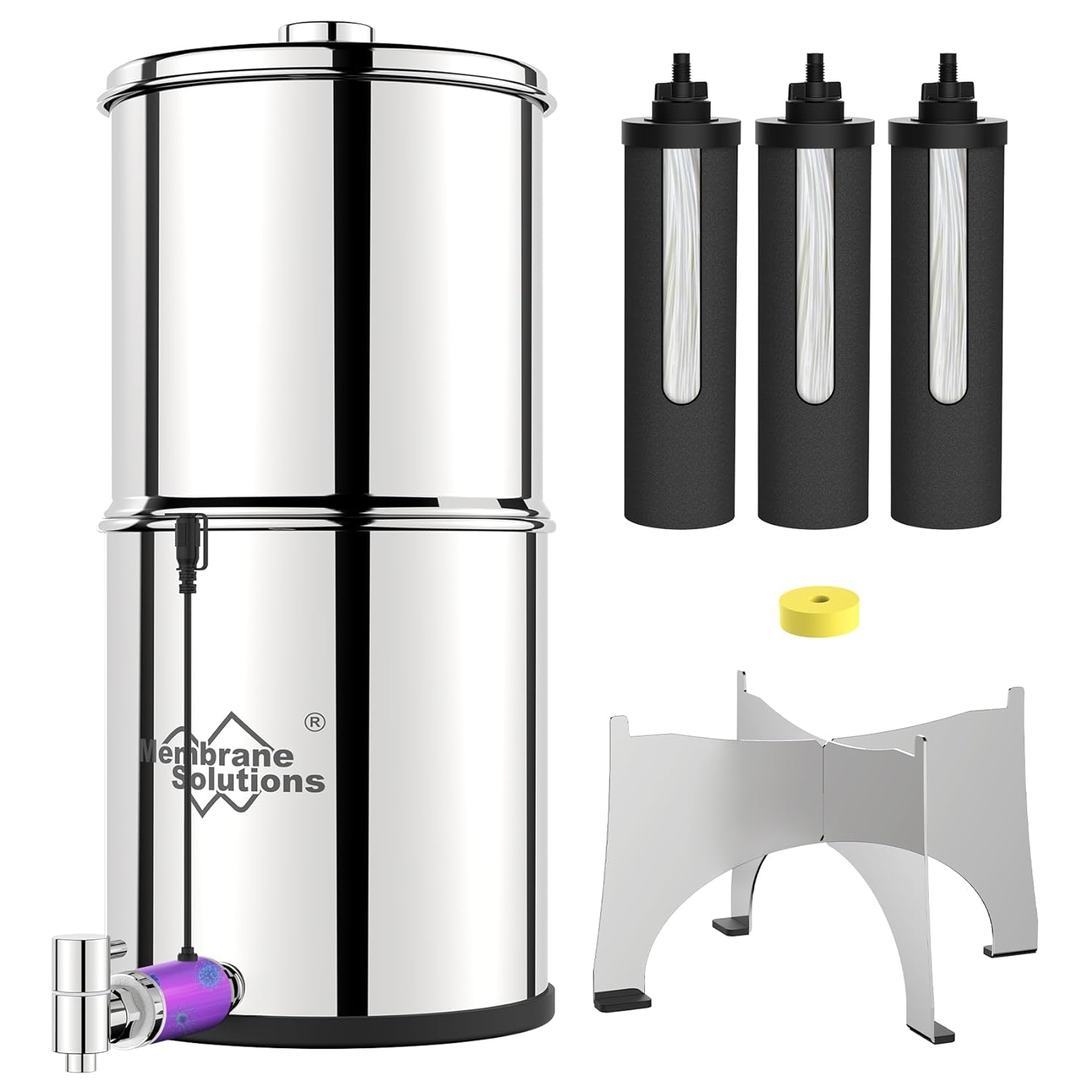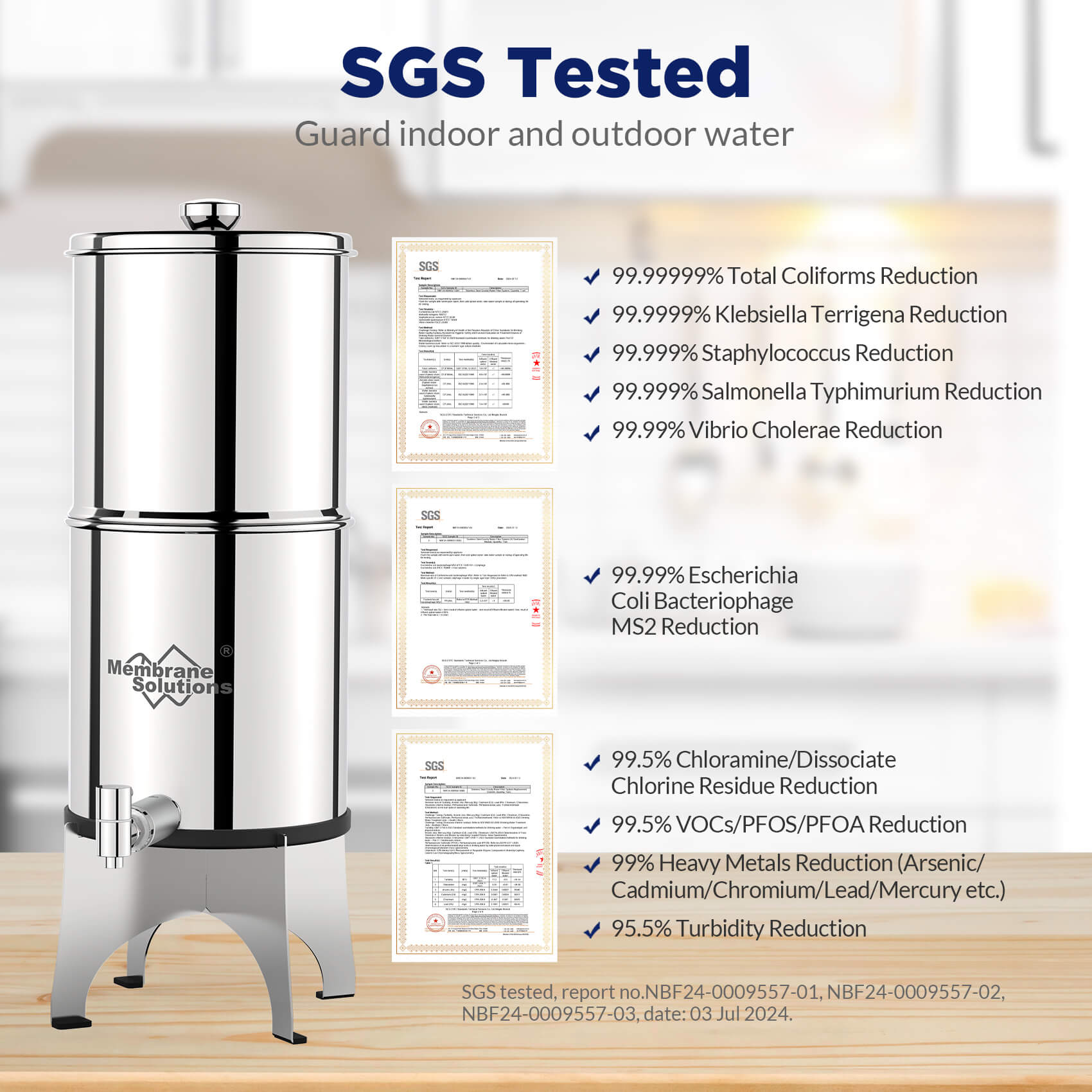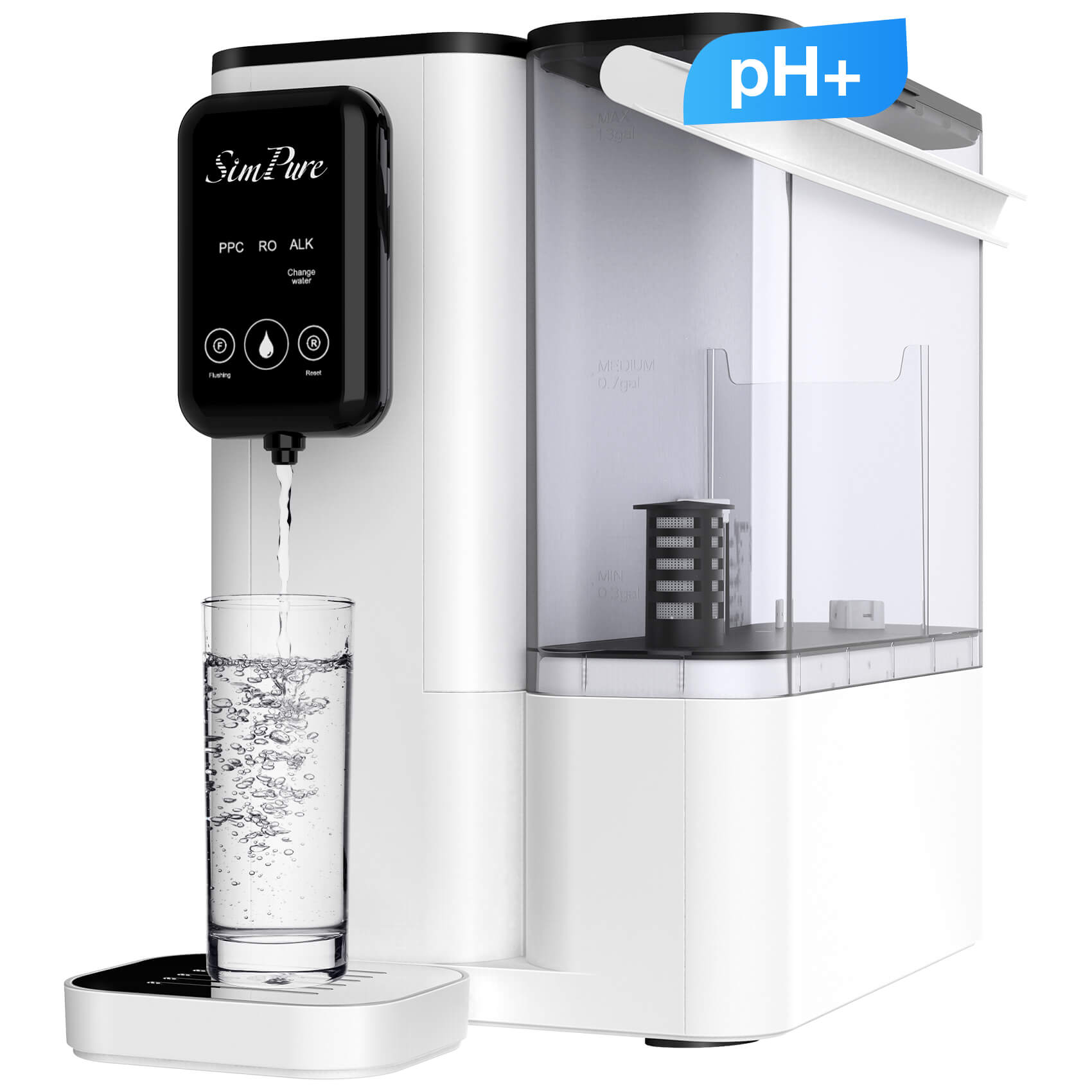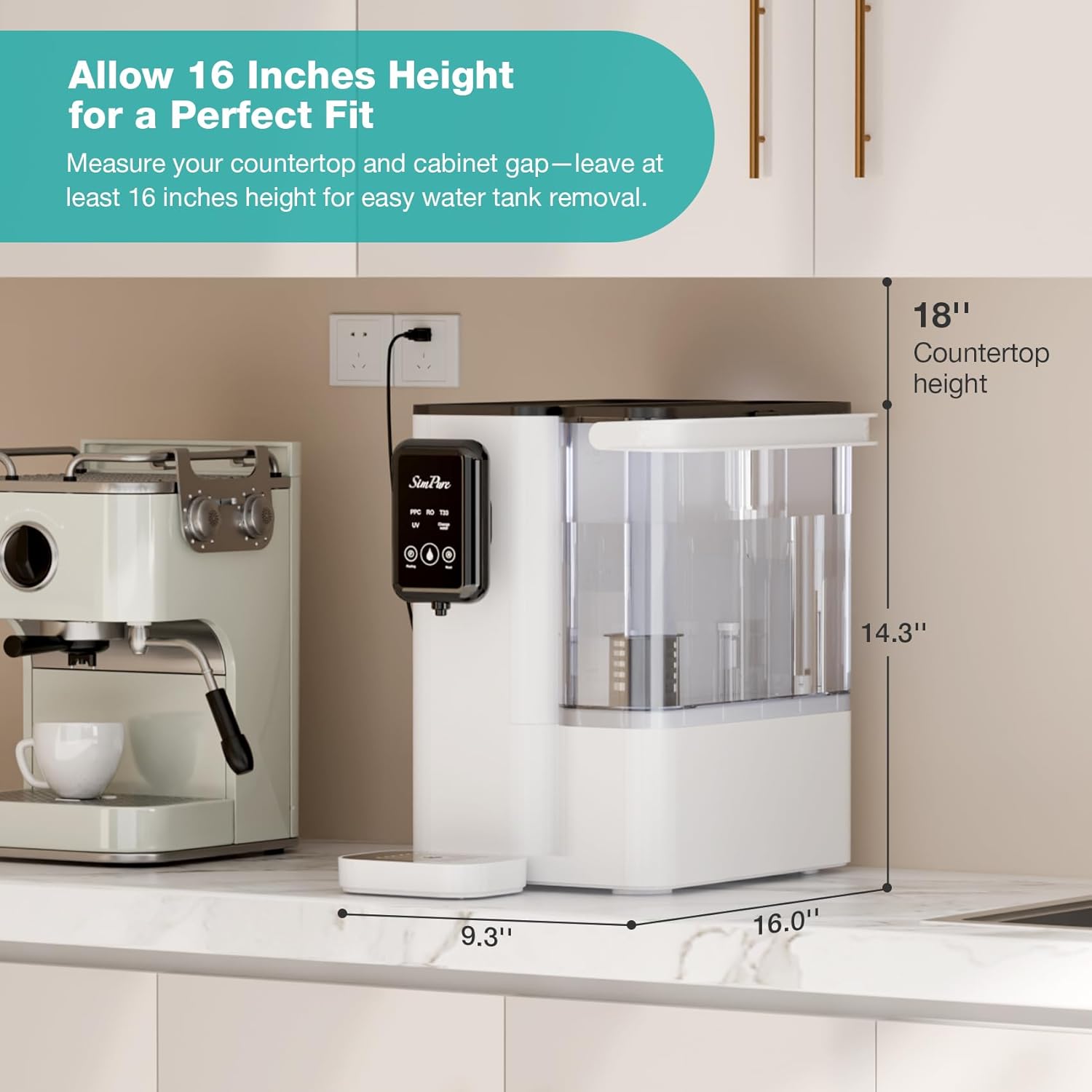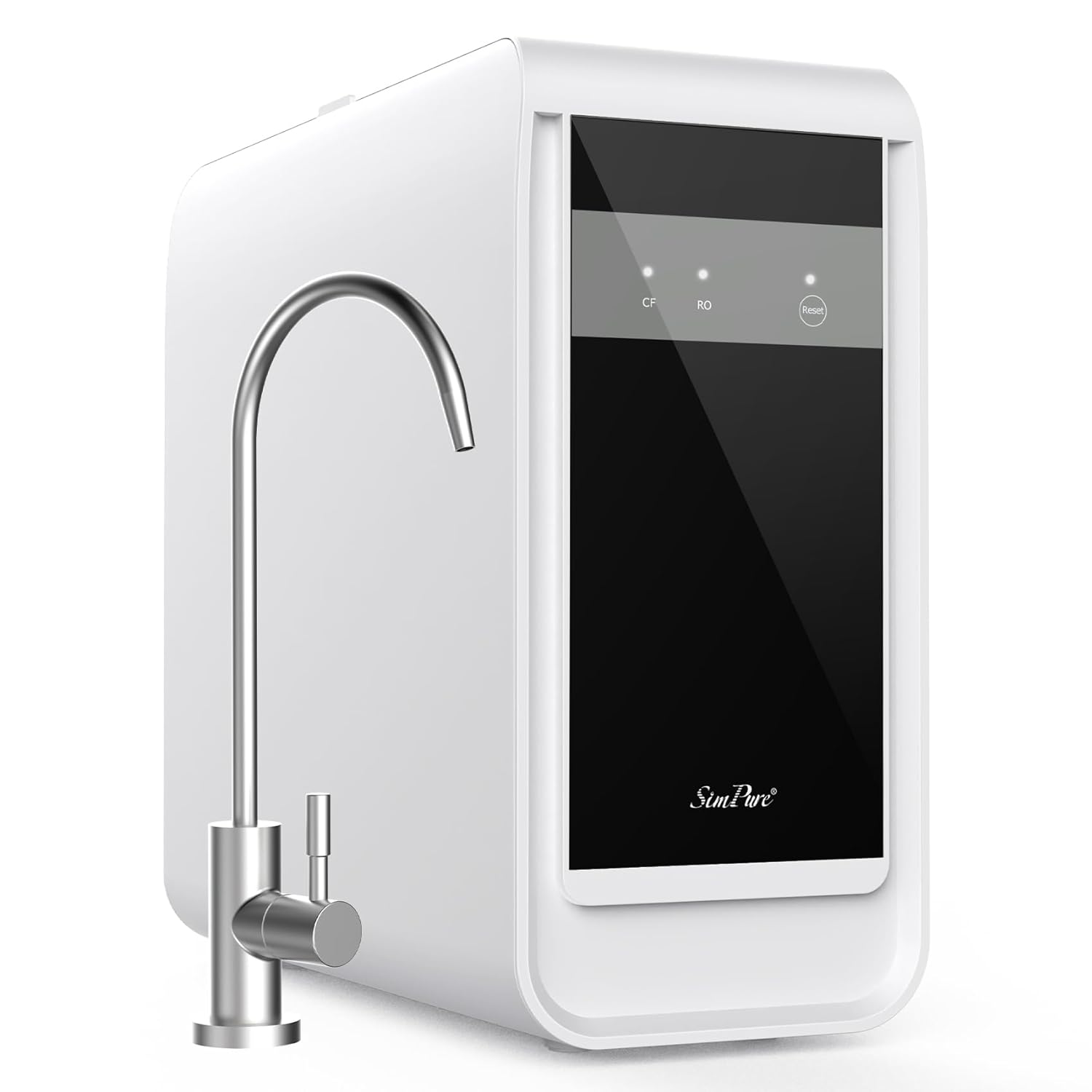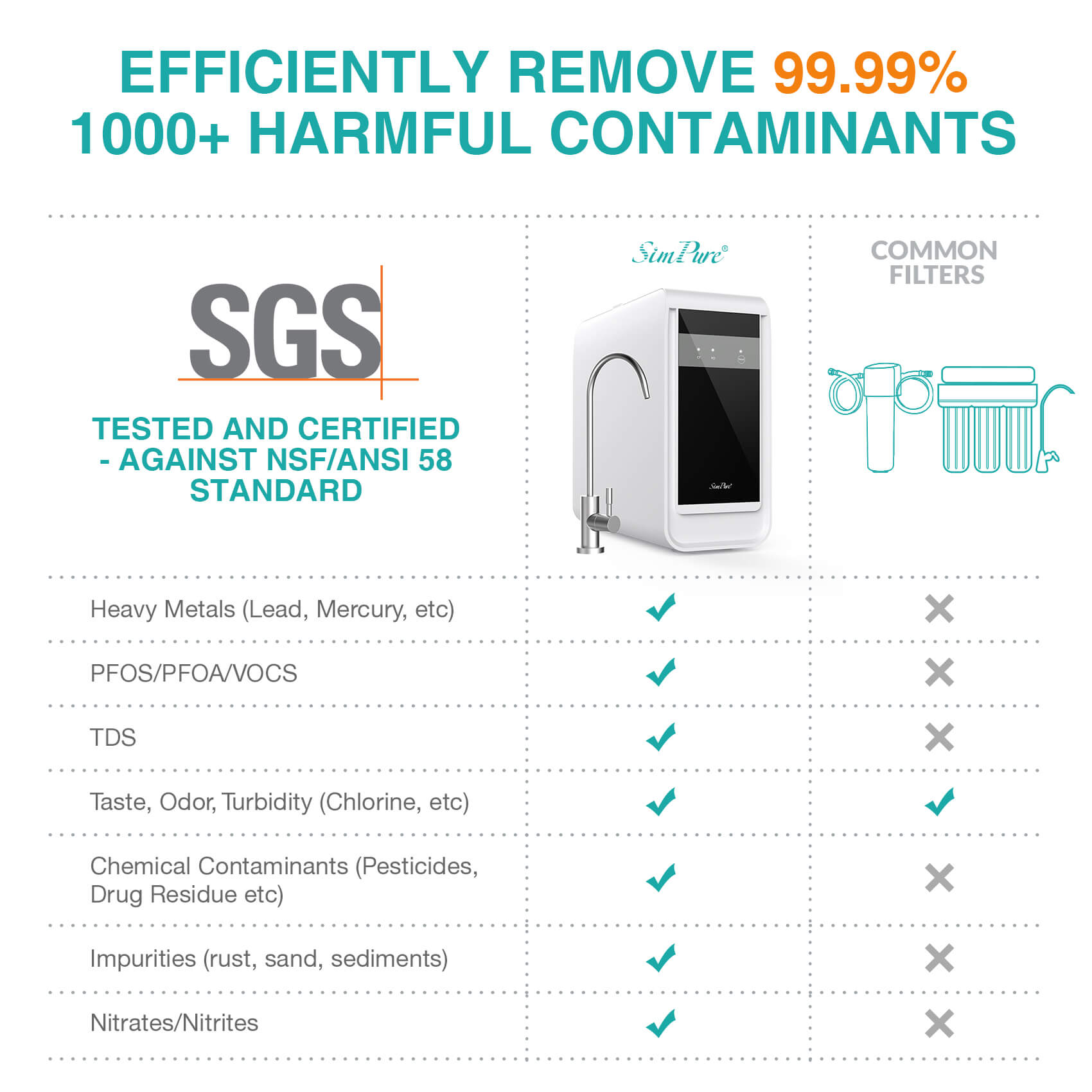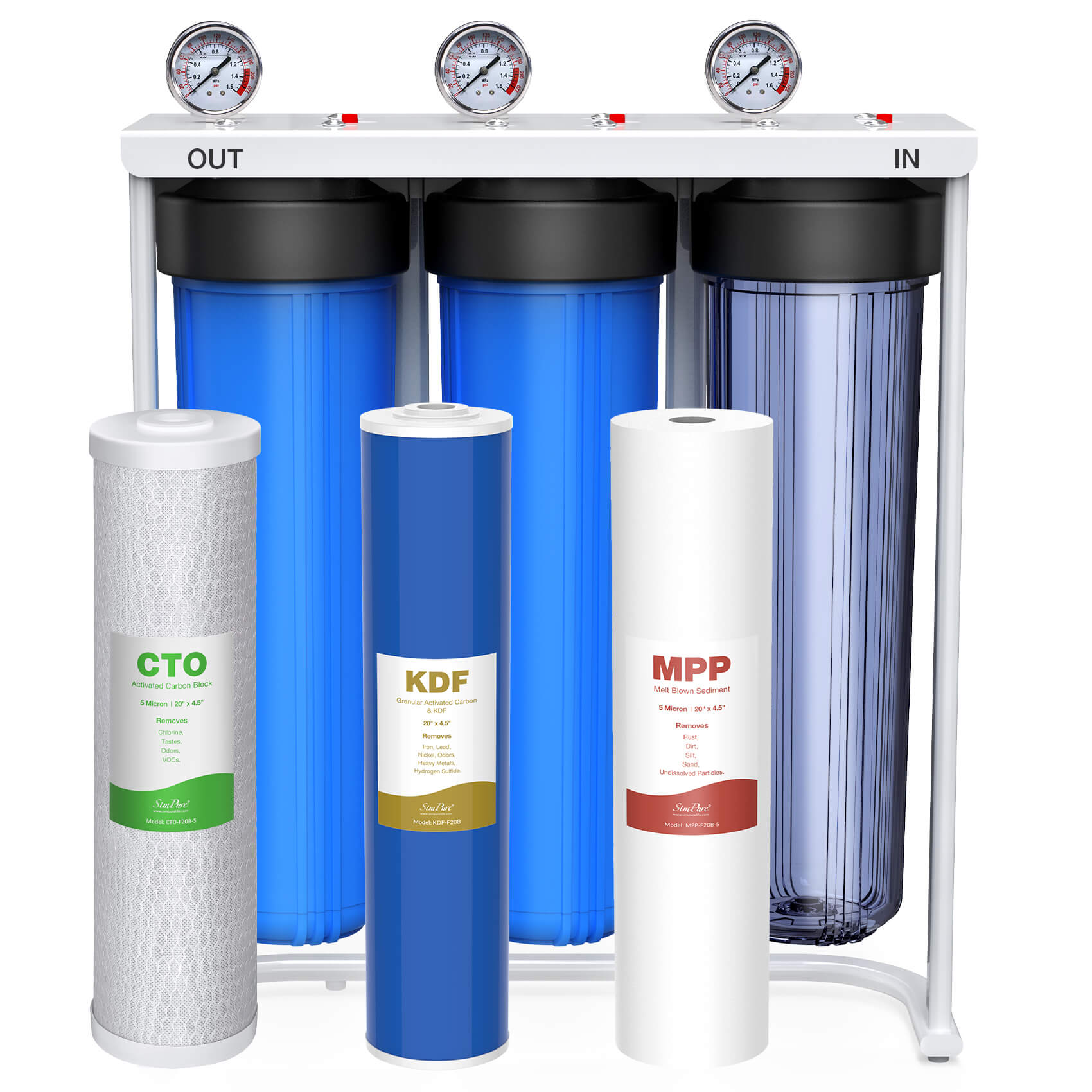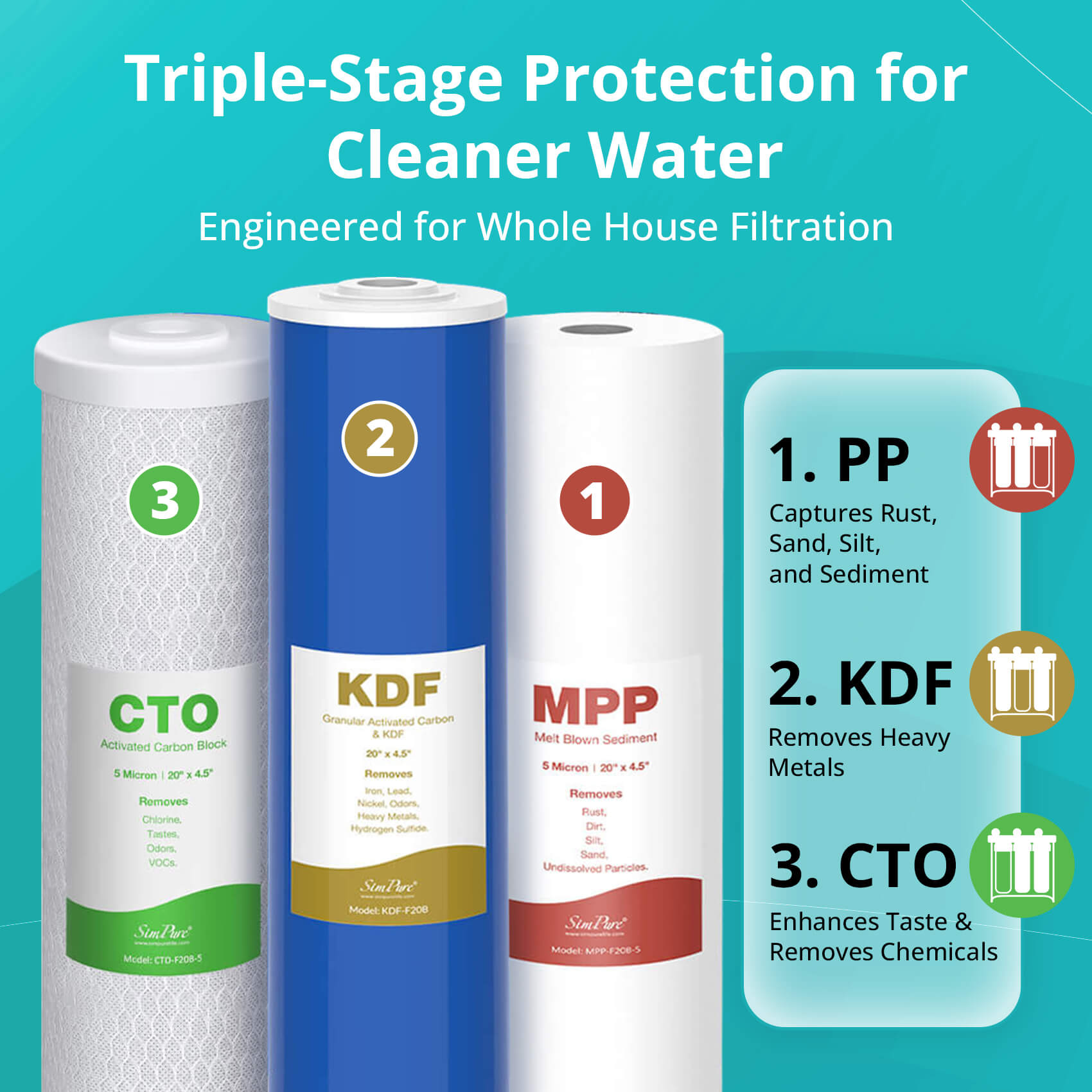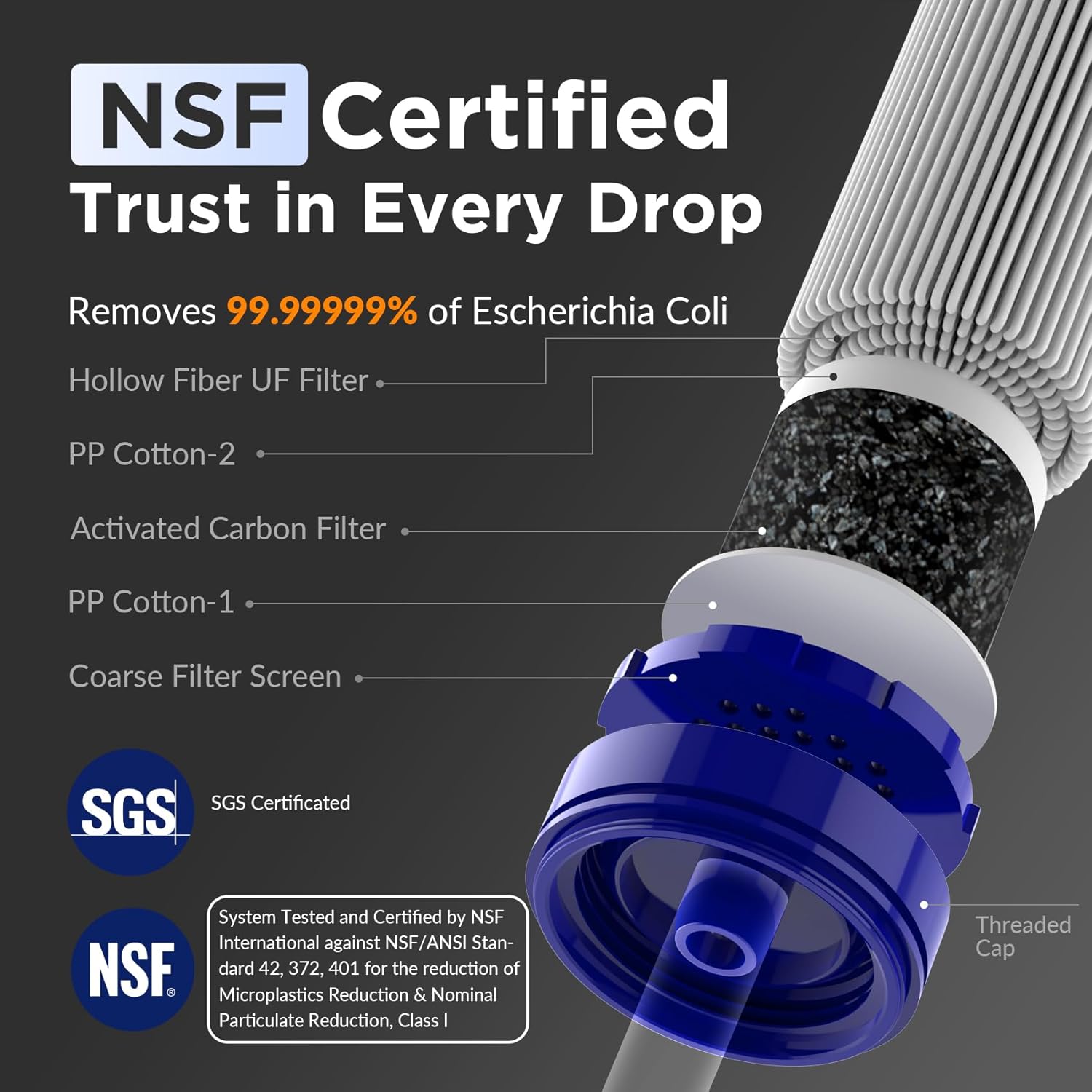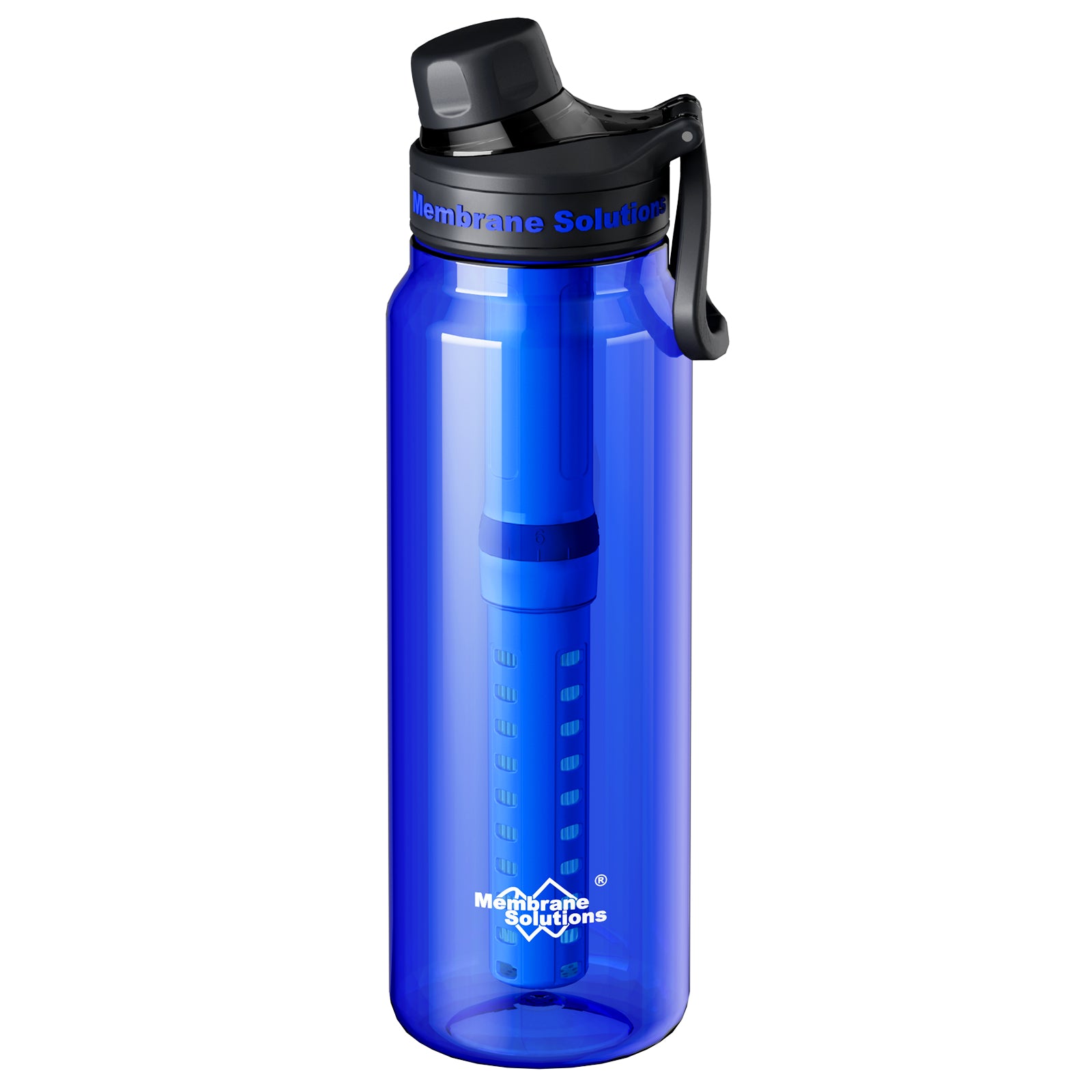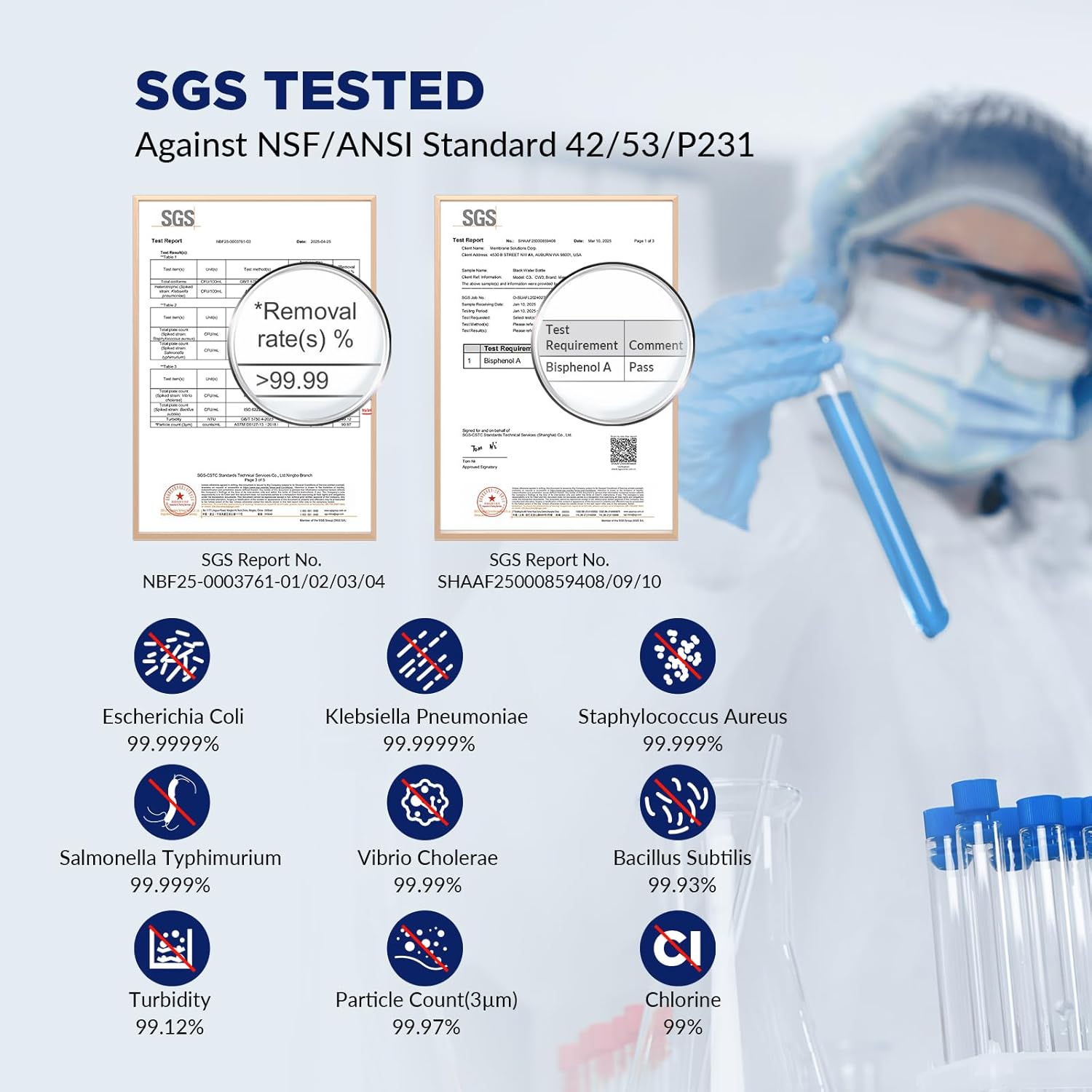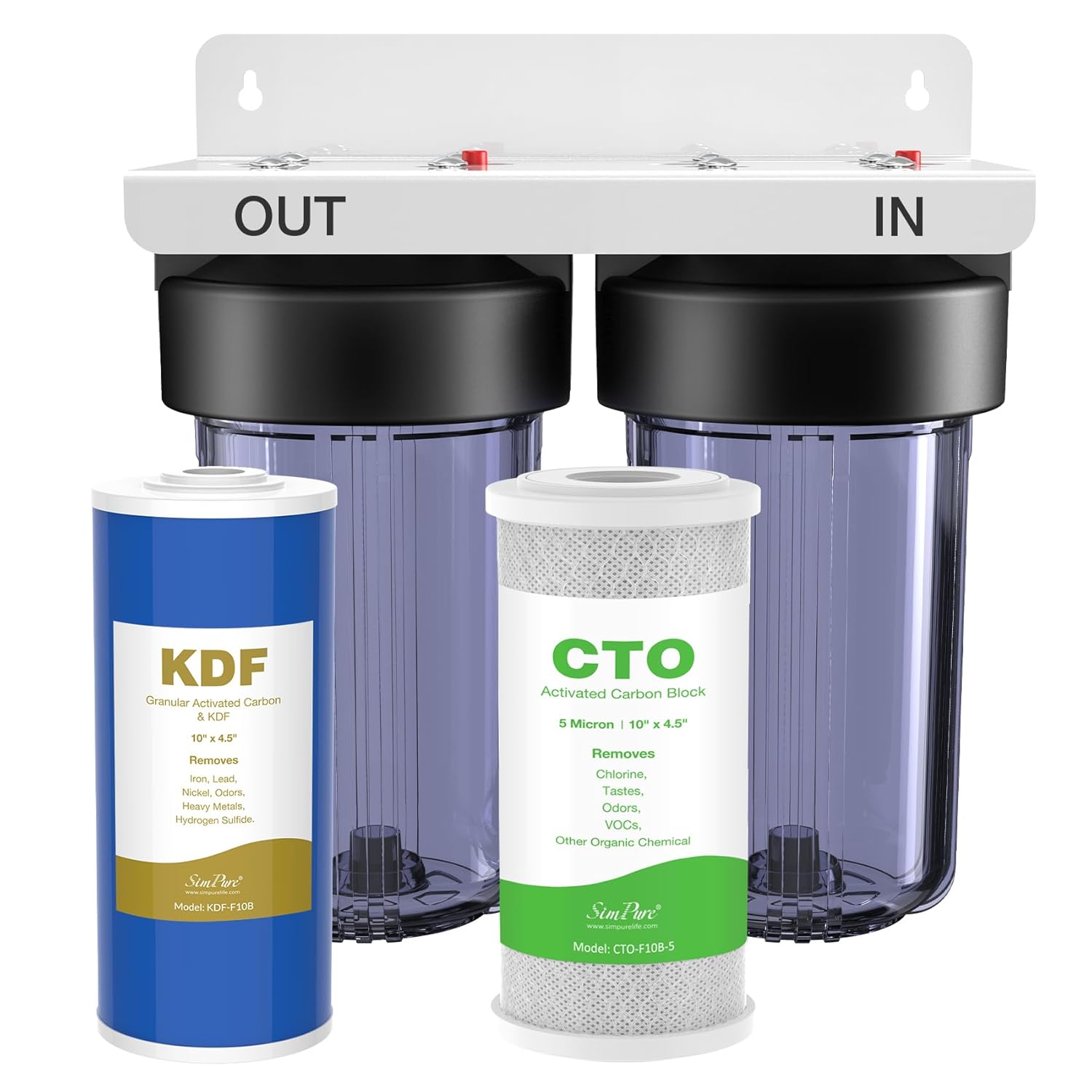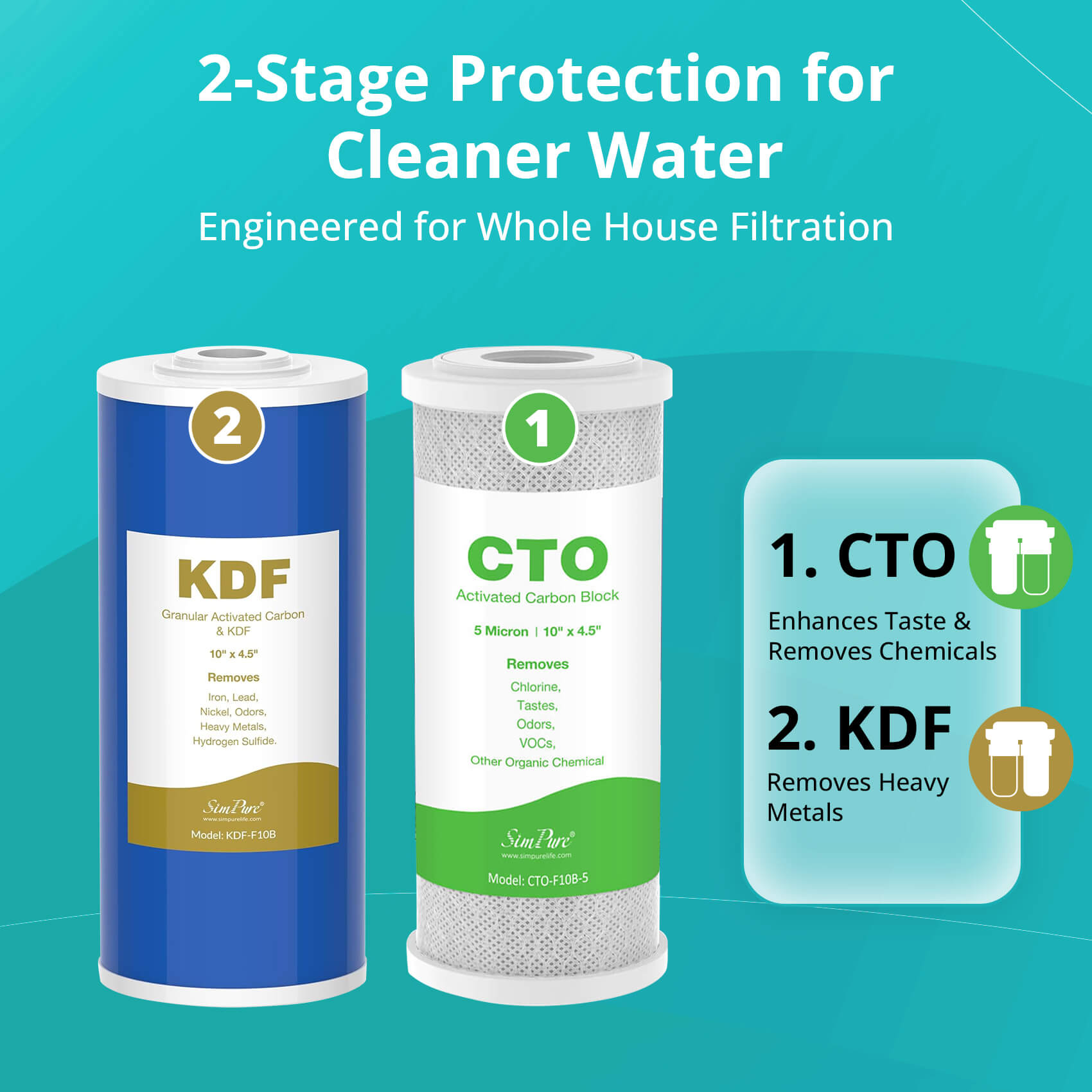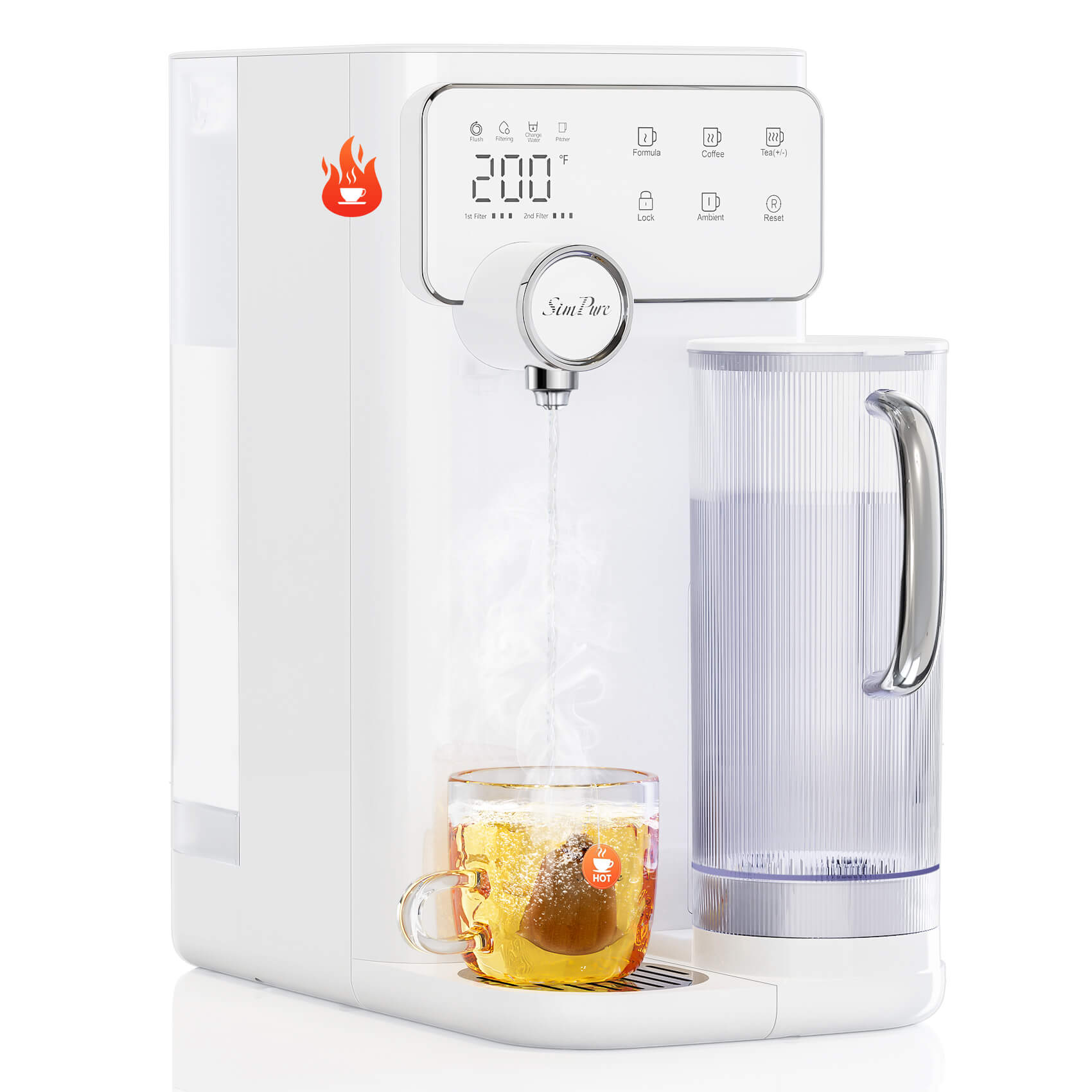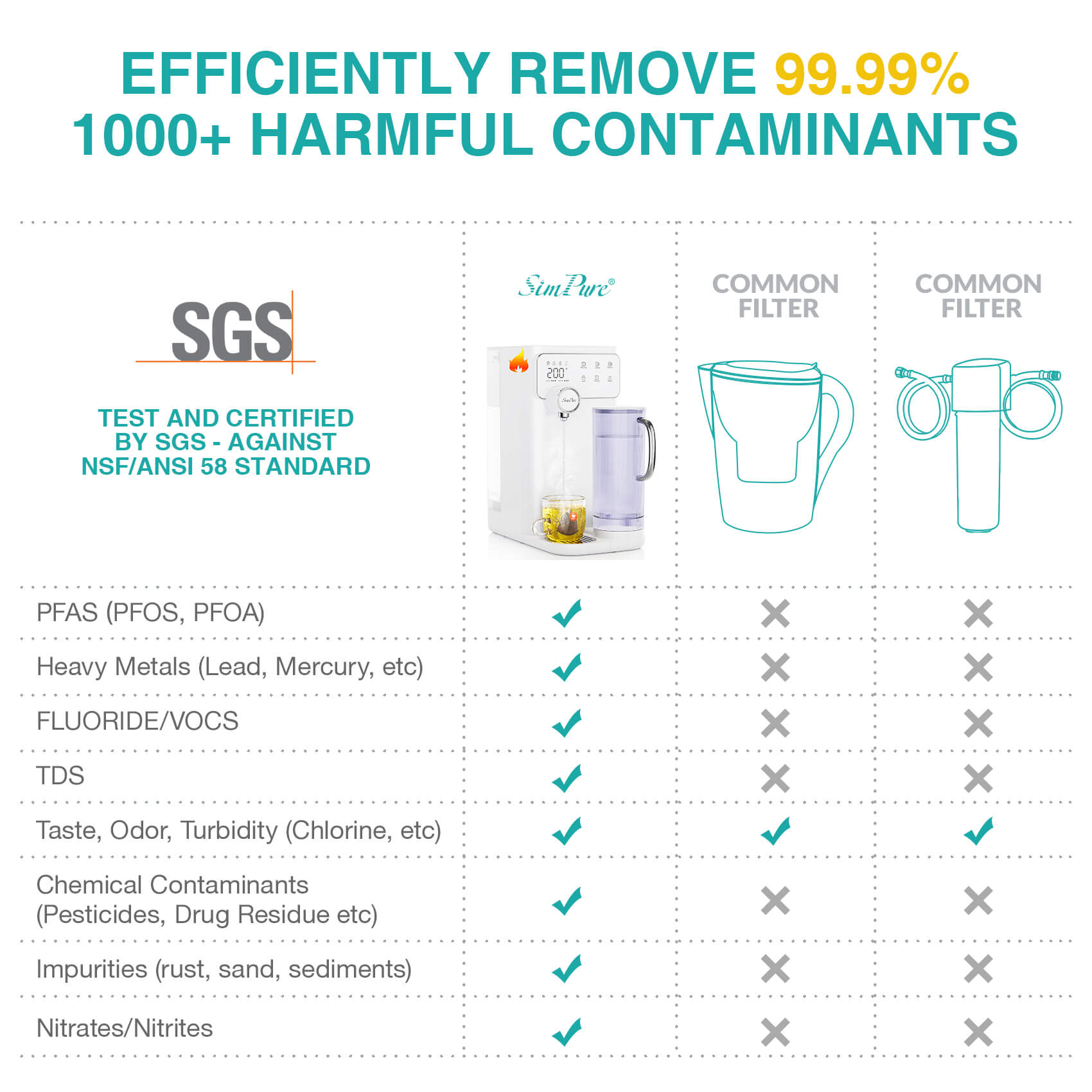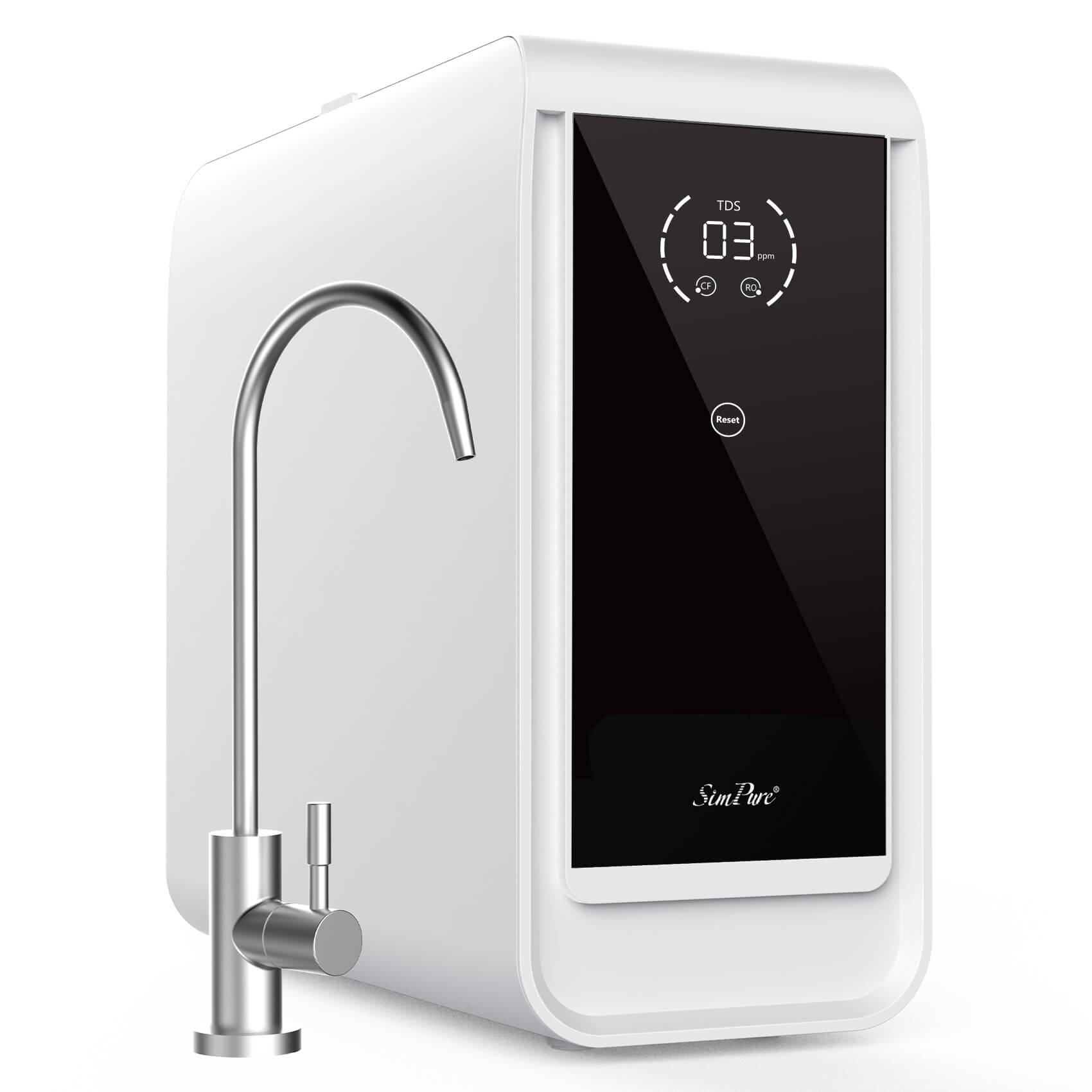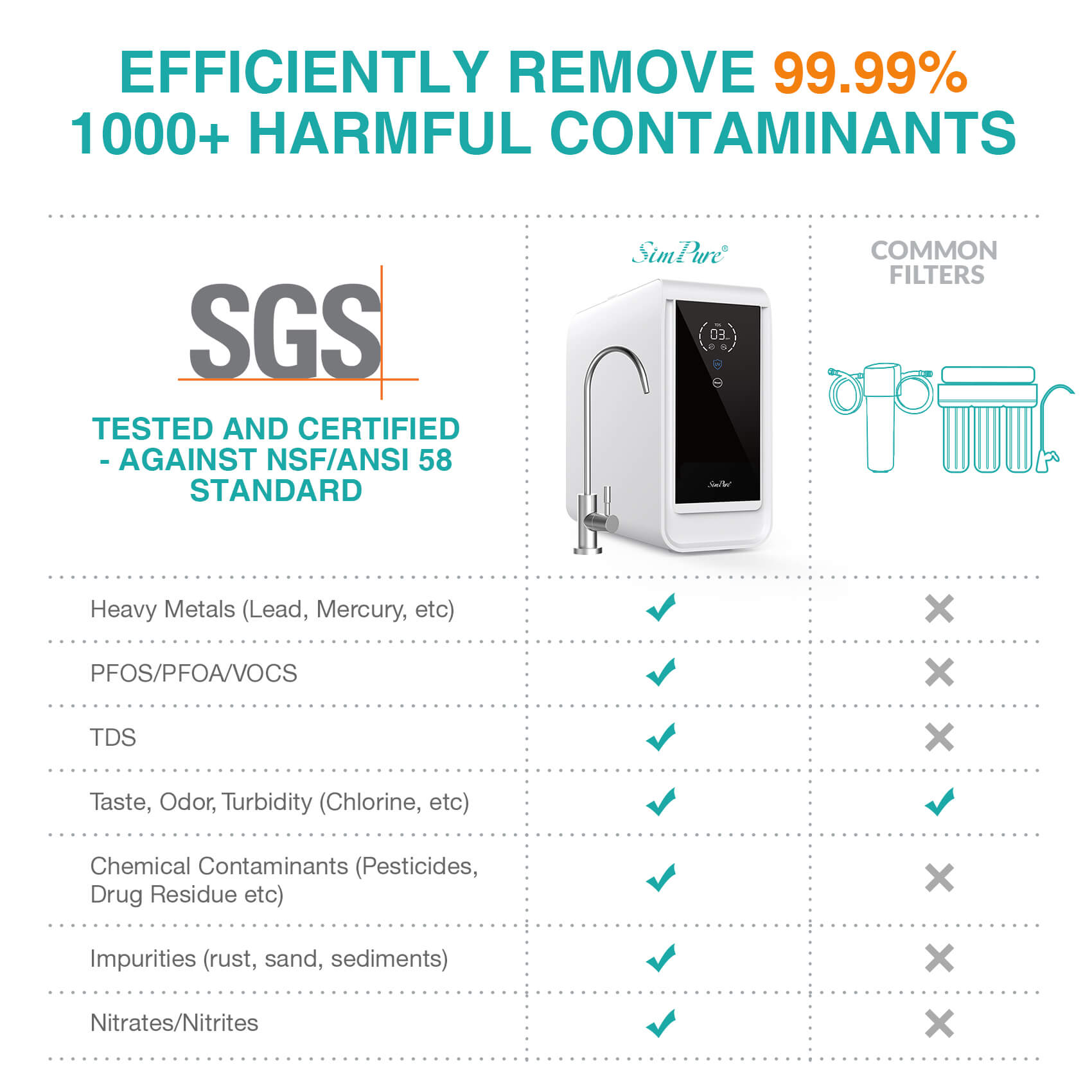Water pollution may seem like a problem too big to solve, but many of the causes actually start in our homes. The way we dispose of waste, clean our houses, and even water our gardens can either help or harm our water systems. If you’ve ever wondered what you can personally do to protect rivers, lakes, and oceans, you’re not alone. Small lifestyle changes can make a real difference. In this guide, we’ll explore practical ways to stop water pollution at home so you can take action right where it matters most—your daily routines.
1. Fix leaks quickly to reduce unnecessary wastewater flow.

A dripping faucet or a running toilet may seem minor, but even small leaks can waste hundreds of gallons of water each month. This wasted water not only increases your utility bill but also puts unnecessary strain on local water treatment systems, contributing indirectly to water pollution.
To fix leaks, start by regularly checking faucets, showerheads, and toilets for drips or unusual sounds. Most faucet leaks can be solved by replacing a worn washer or cartridge, while a running toilet often needs a new flapper valve. If you’re unsure, calling a plumber is a quick solution that prevents ongoing waste. It’s one of the simplest and most cost-effective ways to stop water pollution right at home.
2. Use eco-friendly cleaners instead of harsh chemical products.
Many common household cleaning products contain strong chemicals like ammonia, bleach, or phosphates that can harm waterways once they are washed down drains. These substances often pass through wastewater treatment plants and end up polluting rivers, lakes, and oceans, where they damage aquatic ecosystems and even affect drinking water quality.
Switching to eco-friendly cleaners is a simple step to reduce this impact. Look for products labeled “biodegradable,” “non-toxic,” or “plant-based,” or make your own using ingredients like vinegar, baking soda, and lemon juice. These natural alternatives clean effectively without leaving harmful residues. You can also cut back on the number of cleaning products you use by choosing multipurpose solutions. It’s an easy, practical habit that benefits both your family and the environment.
3. Never pour cooking oil or grease down drains.
Pouring oil, grease, or fat down the sink may feel convenient, but it’s one of the leading household causes of clogged pipes and polluted waterways. When oils cool, they solidify and stick to plumbing, eventually creating blockages known as “fatbergs” in sewer systems. Beyond plumbing issues, oils that reach rivers or lakes form a layer on the water’s surface, reducing oxygen levels and harming aquatic life.
Instead, let cooking oil or grease cool in a container, then seal and dispose of it in the trash or, better yet, check if your community offers recycling programs for used cooking oil. For smaller amounts, wipe greasy pans with paper towels before washing. These simple habits keep harmful fats out of the water system, protect sewer infrastructure, and lower pollution risks. Making this change is a straightforward yet powerful way to stop water pollution starting from your kitchen.
4. Dispose of medicine safely, not through toilet flushing.
Flushing old or unused medicine may seem harmless. But it sends chemicals straight into the water system. Many wastewater plants cannot remove these substances completely. As a result, traces of antibiotics, hormones, or painkillers end up in rivers and lakes. These can harm fish, wildlife, and even affect drinking water.
Instead, follow safe disposal steps. Check if your community has a “drug take-back” program. Many pharmacies and clinics also provide special collection bins. If no program is available, mix medicine with coffee grounds or cat litter, seal it in a bag, and throw it in the trash. It’s a simple change with big environmental benefits. Responsible medicine disposal is one of the easiest ways to stop water pollution at home.
5. Compost food scraps rather than rinsing into sink.
Washing food scraps down the sink seems quick. But it adds extra solids, grease, and nutrients into wastewater. This can overload treatment plants and increase pollution in rivers and lakes. Leftover food also contributes to clogged drains and foul odors at home.
A better option is composting. Collect fruit peels, vegetable scraps, eggshells, and coffee grounds in a small bin. Empty it into a backyard compost pile or use a sealed countertop composter. Over time, the scraps turn into nutrient-rich soil for gardens or plants. Even if you don’t garden, many cities have compost collection services. It’s an easy, eco-friendly way to manage food waste while protecting clean water. Every small action adds up to meaningful change.
6. Reduce single-use plastics, switch to reusable household items.
Single-use plastics like bottles, bags, and straws often end up in waterways. They break down into tiny microplastics that harm fish, birds, and even humans through the food chain. Every piece of plastic you avoid using helps reduce this pollution.
Start with small swaps at home. Use a refillable water filter pitcher instead of buying bottled water. Carry reusable shopping bags and food containers. Choose metal or bamboo straws instead of plastic ones. Buy in bulk when possible to cut down on packaging.
Reusable products last longer, save money, and protect the environment. This simple lifestyle shift is one of the most effective ways to stop water pollution from your household.
7. Limit fertilizer and pesticide use in garden spaces.
Fertilizers and pesticides may help plants grow, but when it rains, these chemicals often wash into storm drains. From there, they flow into rivers and lakes. Excess fertilizer causes algae blooms, which lower oxygen levels and kill fish. Pesticides can poison insects, birds, and aquatic life.
You can reduce this pollution with simple changes. Use natural compost instead of chemical fertilizer. Plant native species that need less care and fewer additives. Try organic pest control methods like neem oil or companion planting. Water your garden carefully to avoid runoff. It’s a practical, everyday step toward stopping water pollution right from your garden.
8. Collect rainwater for lawn and plant watering needs.
Rainwater often runs off roofs and driveways, carrying dirt, chemicals, and debris into drains. This runoff eventually pollutes rivers and lakes. Collecting rainwater helps reduce this problem while also saving fresh tap water.
Setting up a rain barrel is simple. Place it under a downspout to catch water during rainfall. Use this stored water for your lawn, garden, or indoor plants. It’s free, natural, and reduces demand on municipal water supplies and benefits both your home and the environment.
9. Install a water filter, avoid bottled water waste.
Many households rely on bottled water for safe drinking. But plastic bottles are one of the largest contributors to water pollution worldwide. They often end up in landfills, rivers, and oceans, breaking into microplastics that harm ecosystems and even enter our food chain. A more sustainable and professional solution is to install a home water filtration system.
Reverse osmosis systems, like those from SimPure, provide high-quality filtered water directly from your tap. RO technology removes contaminants such as chlorine, lead, heavy metals, and microplastics. This means your family enjoys safe, great-tasting water without the environmental impact of plastic bottles. Countertop or under-sink RO systems are easy to install and require only minimal maintenance, making them a practical long-term investment. Switching to a home water filter, you not only reduce plastic waste but also cut costs over time. It’s a professional, eco-friendly choice that protects clean water for future generations.
10. Educate family about responsible water use and disposal.
Stopping water pollution at home isn’t just about personal habits—it’s about creating a household culture of responsibility. Even small actions by family members, like not pouring chemicals down the sink or conserving water, add up to significant impact. Teaching children and adults how everyday choices affect local rivers, lakes, and oceans helps everyone understand the importance of clean water. When everyone at home participates, these small, consistent actions become habits that meaningfully reduce water pollution.

Creating a household that cares about water pollution makes a lasting difference. Educating family members, adopting sustainable habits, and using solutions like SimPure countertop RO systems turn everyday routines into eco-friendly actions. Together, these practices reduce waste, prevent harmful runoff, and promote clean, safe water at home. It’s about building a lifestyle where environmental responsibility is second nature.




